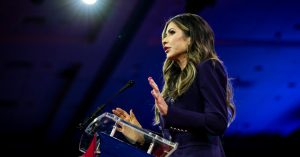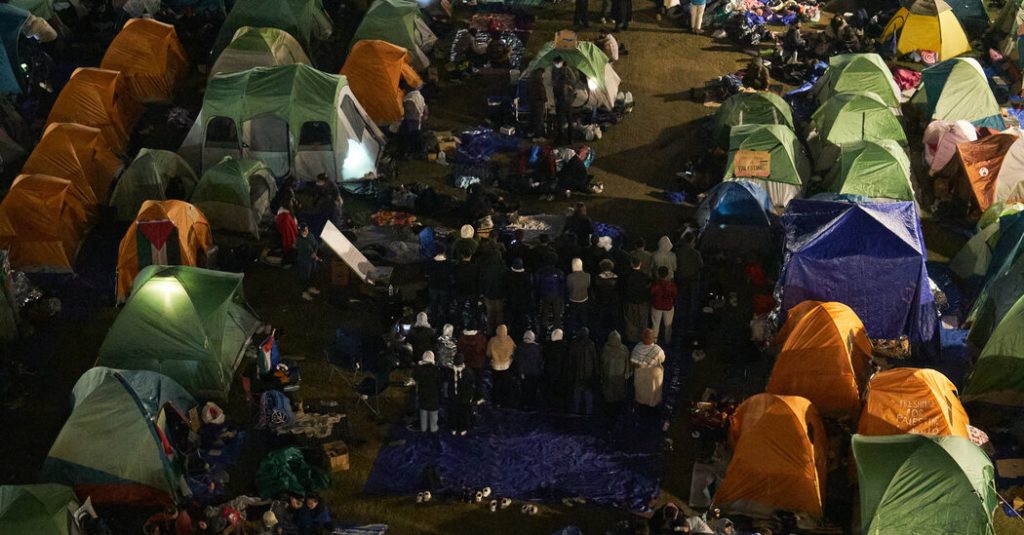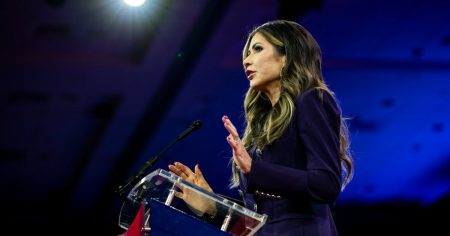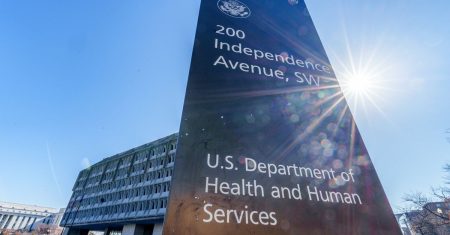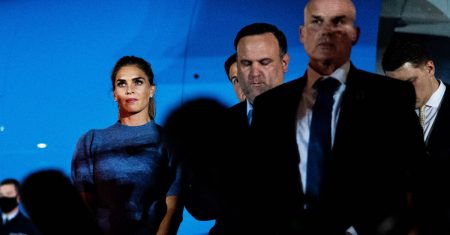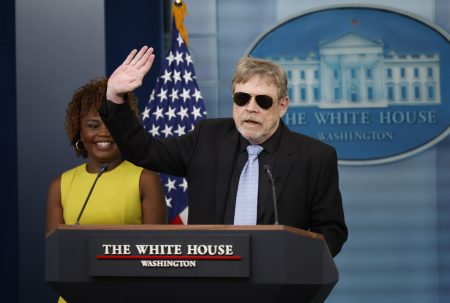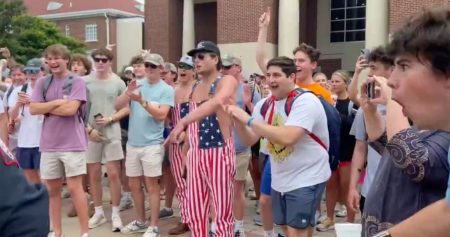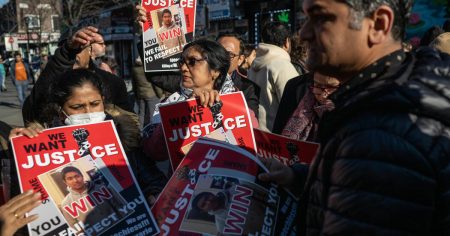Nemat Shafik, the President of Columbia University, faced criticism and calls for her resignation following her decision to call the police to clear a protest encampment on campus. This decision led to more than 100 arrests and mounting discontent among the university community, including a censure resolution from the university senate. During a meeting with the senate, Shafik defended her choice to involve the police but also acknowledged that it had exacerbated the situation. The senate debated voting on a censure, with some members advocating for a more moderate resolution.
The draft censure resolution accused Shafik of endangering the welfare and futures of the arrested students by disregarding the senate’s rejection of her request to involve the police. Shafik had already faced criticism for her testimony on Capitol Hill, where she failed to robustly defend academic freedom. The handling of protests has historical significance at Columbia, with past presidents facing backlash for their management of demonstrations. Shafik’s critics argue that her actions last week echo past strategies that led to the downfall of previous university leaders.
The university senate is expected to vote on a censure without calling for Shafik’s removal, signaling serious disapproval but not demanding her ouster. Some senators are concerned about allowing external forces to influence university affairs and are exploring alternative courses of action short of a censure. The ongoing protests and negotiations between demonstrators and university officials are also causing uncertainty on campus, with disagreements over the removal of the encampment and the possible use of alternative options to dismantle it.
The unrest on campus is part of a broader wave of protests and demonstrations at universities across the country as the end of the semester approaches. Campuses from California to Connecticut have seen a variety of protests, including some that have included hate speech, threats, or support for militant groups. Administrators are struggling to balance the principles of open debate with the need to protect students, particularly minority groups like Jewish students. Amidst the unrest, Columbia’s board has expressed support for Shafik, praising her approach to resolving conflicts and upholding campus values.
The situation at Columbia reflects the challenges facing university leaders in managing protests and maintaining campus safety and order. As the encampment at Columbia continues, disagreements persist between protesters and university officials over the terms of the negotiations and the potential consequences of noncompliance. The events at Columbia are part of a larger trend of unrest on campuses across the country, with varying degrees of intensity and response from administrators. The outcome of the senate vote on the censure resolution and the ongoing negotiations with protesters will shape the future of the situation at Columbia and its implications for campus activism and governance.
